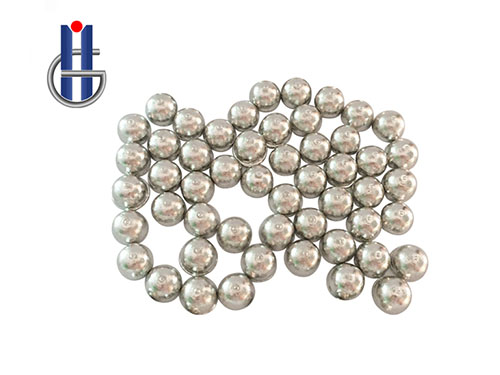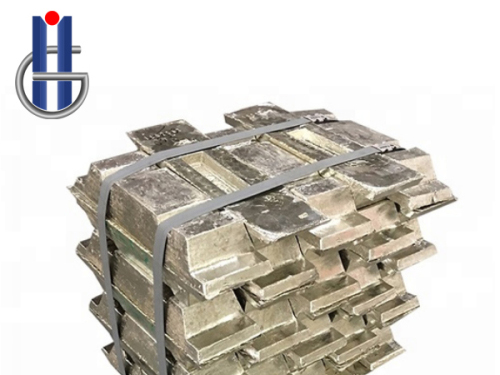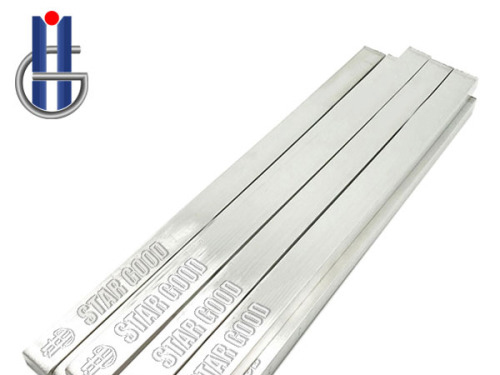Solder spheres are miniature soldering materials used for electronic component connections and circuit board assembly. They are typically made of tin alloys, have a solder spheres, and come in various diameters ranging from a few hundred micrometers to several millimeters. Here is some important information about solder spheres:
Usage:
solder spheres are primarily used in Surface Mount Technology (SMT) processes to establish connections between integrated circuit chips (ICs) and other electronic components to the Printed Circuit Board (PCB). solder spheres play a crucial intermediary role in electronic manufacturing.
Materials:
solder spheres are usually made from tin-based alloys. The most common type used to be tin-lead (SnPb) alloys, but due to environmental and health concerns, lead-free solder balls made from alloys like SnAgCu are more commonly used today.
Size: The size (diameter) of solder balls varies depending on the specific application. They typically range from several hundred micrometers to a few millimeters, depending on the required connection density and accuracy.
Manufacturing Method: Solder balls are typically manufactured through a reflow process by melting the tin alloy material at high temperatures and forming them into spherical shapes.
Applications: Solder balls find wide applications in electronic manufacturing, including the production of mobile devices, computers, telecommunications equipment, automotive electronics, and various other electronic products. They are a critical component of the SMT process used to connect IC chips to PCBs.
Soldering Process: In the SMT process, solder balls are melted using hot air soldering irons or reflow ovens, forming a solder connection between the metal surfaces of IC pins and the PCB, thereby achieving both electrical and mechanical connections.
If you are interested in purchasing solder balls, it is advisable to contact suppliers of electronic components or soldering materials, as they typically offer various specifications and types of solder balls to meet the needs of different applications. Before making a purchase, you may also consult with the supplier for recommendations on the best solder ball material and specifications for your specific application.



 High Purity Tin Ingot: Crucial Applications and Benefits
High Purity Tin Ingot: Crucial Applications and Benefits
 Pure Tin Ingot: Essential Material for Diverse Industrial Applications
Pure Tin Ingot: Essential Material for Diverse Industrial Applications
 Unlocking the Potential of Pure Tin Bars: Essential Components for Diverse Industries
Unlocking the Potential of Pure Tin Bars: Essential Components for Diverse Industries
 Lead Bar for Sale: Uses, Specifications, and Buying Considerations
Lead Bar for Sale: Uses, Specifications, and Buying Considerations